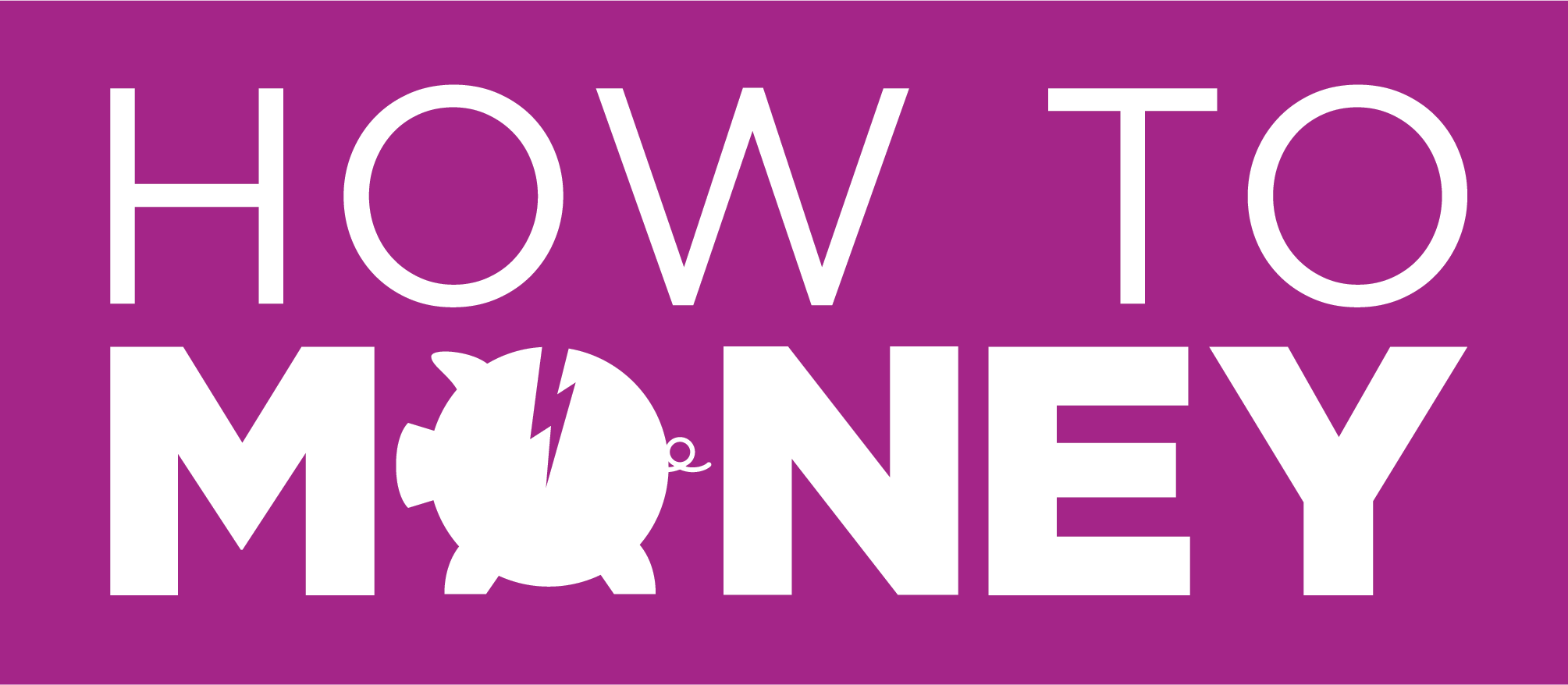
Credit and Debit Cards
payWave, Apple Pay, Tap and Go, Visa Checkout, Interest Free Payments…
These are all just different ways of spending money online and in store, using different systems and technology. The main difference here is whether you are spending your own money or someone else’s on the initial purchase. There are pro’s and con’s to credit cards and debit cards, so it’s best to have a full picture of each one before you make any decisions to open or close them.
Debit cards have been primarily designed so you can access your money that is held in a bank account. Whether that be through ATM cash withdrawals, online shopping or paywave in-store, debit cards are an easy way to access the money in your bank account. Since it’s your own money that you’re spending, it may give you peace of mind that you can’t overspend and end up with a debt using these cards.
Be aware that some debit cards may have fees or charges associated around them, so don’t forget to ask your financial institution about these and read the fine print.
Credit cards on the other hand allow you to spend the bank’s money, with the intention of paying the balance back by a certain date. The biggest factors you need to explore when making the decision between credit and debit cards are the fees and costs, as well as your ability to manage your spending if you get a credit card, to ensure that you will spend less than you earn.
Credit cards also take longer to open than debit cards as financial institutions are required to comply with the National Credit Act, meaning they must take reasonable steps to verify your financial situation, and ensure that they don’t provide you with an unsuitable product.
When you choose a credit card, check the fees and charges. These can add a lot to the cost of your card and can include:
- Annual account keeping fees
- Fees for reward programs
- Fees for late payments
- Fees for exceeding your credit limit (a card issuer must get your consent before they can charge you for this)
- International transaction fees
- Cash advance fees (which are charged in addition to interest on cash advances).
You should also check the following items before signing up for a new credit card:
- Minimum repayment terms
- Interest rate that applies to purchases and cash advances
- Interest rate that applies to balance transfers and for how long
- Promotional interest rate (if any)
- Length of the interest-free period (if any)
- Annual and late payment fees (if any)
- If the credit card comes with travel insurance
Check out the ASIC Moneysmart website for some great resources on credit and debit cards. If you’re interested in comparing Credit Cards and the associated costs, check out Finder.com.au for a great comparison tool. We also have a podcast episode focusing on Credit and Debit Cards.
Kate
Want to learn more about money and personal finance? Check out our article archive, the How To Money Podcast and the Australian Finance Podcast. Catch us on Twitter @HowToMoneyAUS and Instagram on @HowToMoneyAUS.
Important Information
The information on this blog and website is of a general and educational nature only. It does not take into account your individual financial situation, objectives or needs. You should consider your own financial position and requirements before making a decision, as we are not an advisory service. We recommend you consult a licensed financial adviser in order to assist you. The information is based on assumptions or market conditions which can change without notice, and this will impact the accuracy of the information provided. This website and blog occasionally provide links to third-party sites, aimed at helping you gather the information required to make an informed decision — we may receive payment for these referrals.






